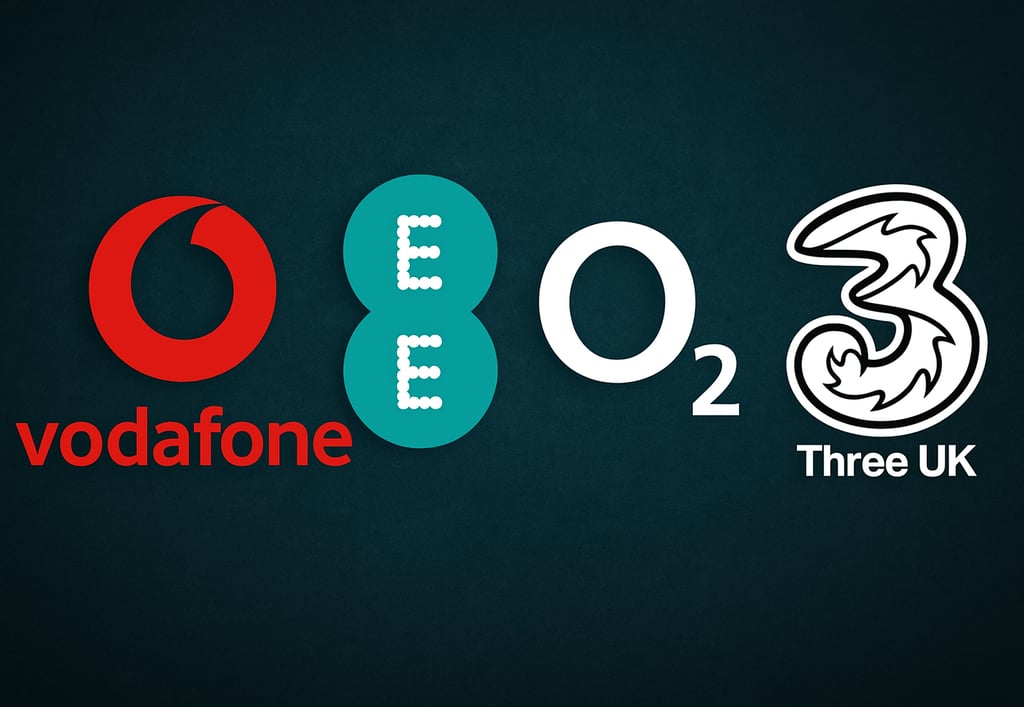UK Mobile Companies Face £3.2 Billion Lawsuit for Overcharging Customers | 2025 Consumer Rights Case
UK mobile giants sued for £3.2B overcharging millions after contracts ended in a major 14 Nov 2025 consumer rights case affecting 28M+ customers.
Raja Awais Ali
11/14/20252 min read


UK Mobile Companies Face £3.2 Billion Lawsuit for Overcharging Customers
On 14 November 2025, the UK telecommunications industry faced a major legal challenge as four of the country’s largest mobile network operators were hit with a £3.2 billion class-action lawsuit. The case alleges that millions of loyal customers were unfairly overcharged through what is being called a “loyalty penalty.” This lawsuit has quickly become one of the most significant consumer-rights cases in recent UK history.
The claim states that mobile networks continued charging customers for handset costs even after their contracts’ minimum terms had ended. Once a contract is complete, consumers should only pay for network services, but the lawsuit argues that companies kept charging full monthly amounts, even though the phones were already fully paid off. This practice is said to have caused large-scale financial harm to customers who remained loyal to their providers.
The case affects over 28 million contracts, representing customers who did not switch networks after their contracts expired. Instead of receiving reduced monthly bills, these loyal customers allegedly continued paying inflated charges. Legal representatives argue that mobile operators had a responsibility to adjust bills immediately after the handset cost had been recovered, but they failed to do so, resulting in excessive and unnecessary payments.
Another key allegation is the lack of transparent communication. Many consumers reportedly were unaware that they had fully paid off their devices. Because they did not receive clear notifications or revised billing information, they believed their monthly charges were correct. The lawsuit claims that this lack of clarity violated principles of fair trading and allowed companies to profit from customer confusion and loyalty.
All four mobile operators have strongly denied the allegations, insisting that they comply with UK regulations and that their billing practices are transparent and lawful. They argue that the claims exaggerate the issue and do not reflect the actual contracts or billing systems in place. However, legal experts believe the outcome of this case could reshape the UK mobile industry, as it is the first time such a large-scale lawsuit has targeted the “loyalty penalty” phenomenon.
If the court rules in favor of consumers, millions of customers may receive compensation, and mobile companies could be forced to introduce greater transparency and fairer billing structures. The impact may extend beyond the UK, serving as a global example for markets facing similar overcharging issues. The case will continue over the coming months, as consumers and industry observers await a ruling that could have far-reaching consequences.
Stay informed with the latest national and international news.
© 2025. All rights reserved.